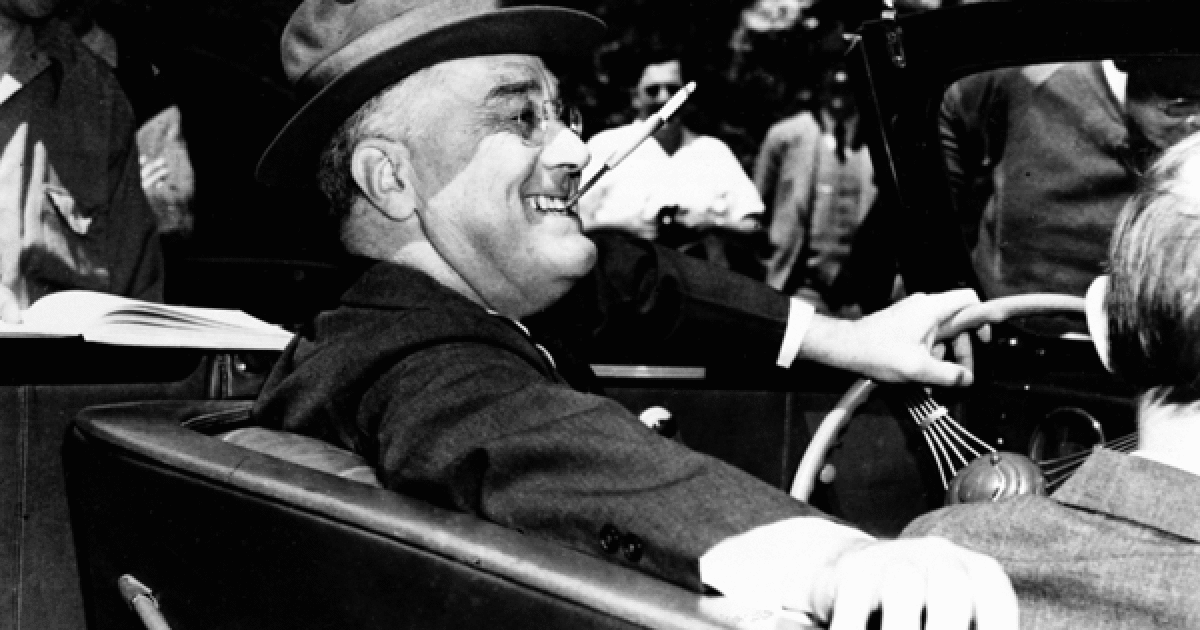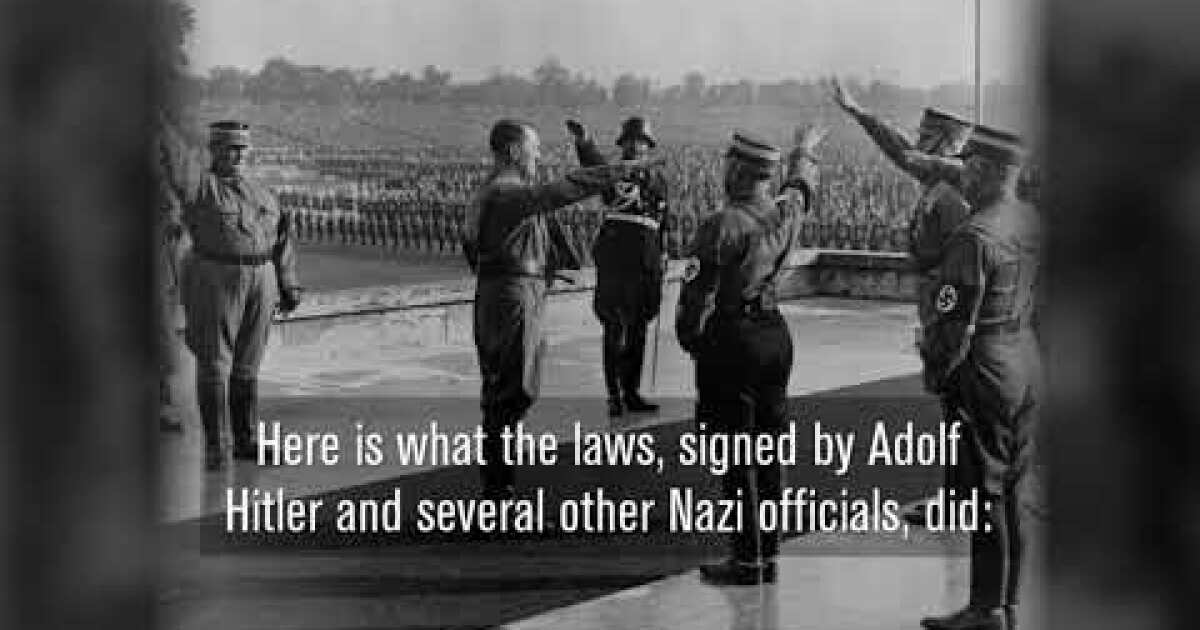PoliticalChic
Diamond Member
1. It behooves mention on St. Patrick's Day, that, arguably, the Irish had it at least as bad, and probably worse, than any other group in their journey through the membership hazings into membership in this society.
Coulter put it this way:
When Obama, or other politicians, appeal for the black vote, it is on the basis of felt grievances and presumed oppression. It is a worthy pursuit to seek the explanation for this view among a large segment of black population. It wasn’t the result of the slavery and/or the Civil War.
It was the misfortune of black Americans that they were just on the verge of passing through the immigrant experience when damaging ideas about welfare and the lenient attitude about crime took hold. It could have happened to the Italians, Germans, Jews or Irish, but luckily for them, there were no Liberals around to “help” when they arrived.
2. The Irish were the first ethnic minority in American cities, and their history shows the classic pattern of new comers to the urban economy, and society. Starting at the very bottom of the urban occupational ladder, with the men as laborers and the woman as maids. Housing was far worse than urban slums today.
Thomas Sowell, "Ethnic America," chapter one.
a. In fact, black Americans were doing better in individual pursuits than many immigrants. Barone compared their American journey to the Irish: “Both rise smartly in hierarchies (government bureaucracies, the military) but haven't fared as well in free-market commerce.”
http://www.usnews.com/usnews/news/articles/941114/archive_013670.htm
3. "The French sociologist, Gustave de Beaumont, visited Ireland in 1835 and wrote: "I have seen the Indian in his forests, and the Negro in his chains, and thought, as I contemplated their pitiable condition, that I saw the very extreme of human wretchedness; but I did not then know the condition of unfortunate Ireland...In all countries, more or less, paupers may be discovered; but an entire nation of paupers is what was never seen until it was shown in Ireland." Slaves in the United States had a greater life expectancy than peasants in Ireland." The West Awake: Barry Clifford: The Democide Of Ireland In The 1800's
4. Ignored, and tolerated at first, once the Irish filled Boston's slum districts, the native Protestant "population galvanized into what became known as the Know-Nothing Party."
Anti-Catholic hatred was palpable.
And Roosevelt, who authorized housing projects showed another side in nominating,as his first Supreme Court Justice, Hugo Black.....virulent anti-Catholic jurist....the one who insinuated 'separation of church and state' into the Constitution.
a. The Know-Nothing (Progressive) movement arose in response to an influx of migrants, and promised to "purify" American politics by limiting or ending the influence of Irish Catholics and other immigrants, thus reflecting nativist and anti-Catholic sentiment.... Mainly active from 1854 to 1856, the movement strove to curb immigration and naturalization, but met with little success. Membership was limited to Protestant men.... In spring 1854, the Know Nothings carried Boston,Salem, and other New England cities. They swept the state of Massachusetts in the fall 1854 elections, their biggest victory."
Know Nothing - Wikipedia, the free encyclopedia
5. "...The avenues out of poverty and into the middle class were few. One was the church. There was always a need for more priests-
Another accepted career path was the police department, though it didn't pay particularly well.....
There was this "I wanted a job with a suit that didn't come equipped with a chauffeur's cap...." but other than running funeral homes and saloons, virtually no opportunities existed for the Irish in business above the level of clerk. The signs are still sold 'No Irish Need Apply..."
Carr, "The Brothers Bulger"
Coulter put it this way:
When Obama, or other politicians, appeal for the black vote, it is on the basis of felt grievances and presumed oppression. It is a worthy pursuit to seek the explanation for this view among a large segment of black population. It wasn’t the result of the slavery and/or the Civil War.
It was the misfortune of black Americans that they were just on the verge of passing through the immigrant experience when damaging ideas about welfare and the lenient attitude about crime took hold. It could have happened to the Italians, Germans, Jews or Irish, but luckily for them, there were no Liberals around to “help” when they arrived.
2. The Irish were the first ethnic minority in American cities, and their history shows the classic pattern of new comers to the urban economy, and society. Starting at the very bottom of the urban occupational ladder, with the men as laborers and the woman as maids. Housing was far worse than urban slums today.
Thomas Sowell, "Ethnic America," chapter one.
a. In fact, black Americans were doing better in individual pursuits than many immigrants. Barone compared their American journey to the Irish: “Both rise smartly in hierarchies (government bureaucracies, the military) but haven't fared as well in free-market commerce.”
http://www.usnews.com/usnews/news/articles/941114/archive_013670.htm
3. "The French sociologist, Gustave de Beaumont, visited Ireland in 1835 and wrote: "I have seen the Indian in his forests, and the Negro in his chains, and thought, as I contemplated their pitiable condition, that I saw the very extreme of human wretchedness; but I did not then know the condition of unfortunate Ireland...In all countries, more or less, paupers may be discovered; but an entire nation of paupers is what was never seen until it was shown in Ireland." Slaves in the United States had a greater life expectancy than peasants in Ireland." The West Awake: Barry Clifford: The Democide Of Ireland In The 1800's
4. Ignored, and tolerated at first, once the Irish filled Boston's slum districts, the native Protestant "population galvanized into what became known as the Know-Nothing Party."
Anti-Catholic hatred was palpable.
And Roosevelt, who authorized housing projects showed another side in nominating,as his first Supreme Court Justice, Hugo Black.....virulent anti-Catholic jurist....the one who insinuated 'separation of church and state' into the Constitution.
a. The Know-Nothing (Progressive) movement arose in response to an influx of migrants, and promised to "purify" American politics by limiting or ending the influence of Irish Catholics and other immigrants, thus reflecting nativist and anti-Catholic sentiment.... Mainly active from 1854 to 1856, the movement strove to curb immigration and naturalization, but met with little success. Membership was limited to Protestant men.... In spring 1854, the Know Nothings carried Boston,Salem, and other New England cities. They swept the state of Massachusetts in the fall 1854 elections, their biggest victory."
Know Nothing - Wikipedia, the free encyclopedia
5. "...The avenues out of poverty and into the middle class were few. One was the church. There was always a need for more priests-
Another accepted career path was the police department, though it didn't pay particularly well.....
There was this "I wanted a job with a suit that didn't come equipped with a chauffeur's cap...." but other than running funeral homes and saloons, virtually no opportunities existed for the Irish in business above the level of clerk. The signs are still sold 'No Irish Need Apply..."
Carr, "The Brothers Bulger"
Last edited:

